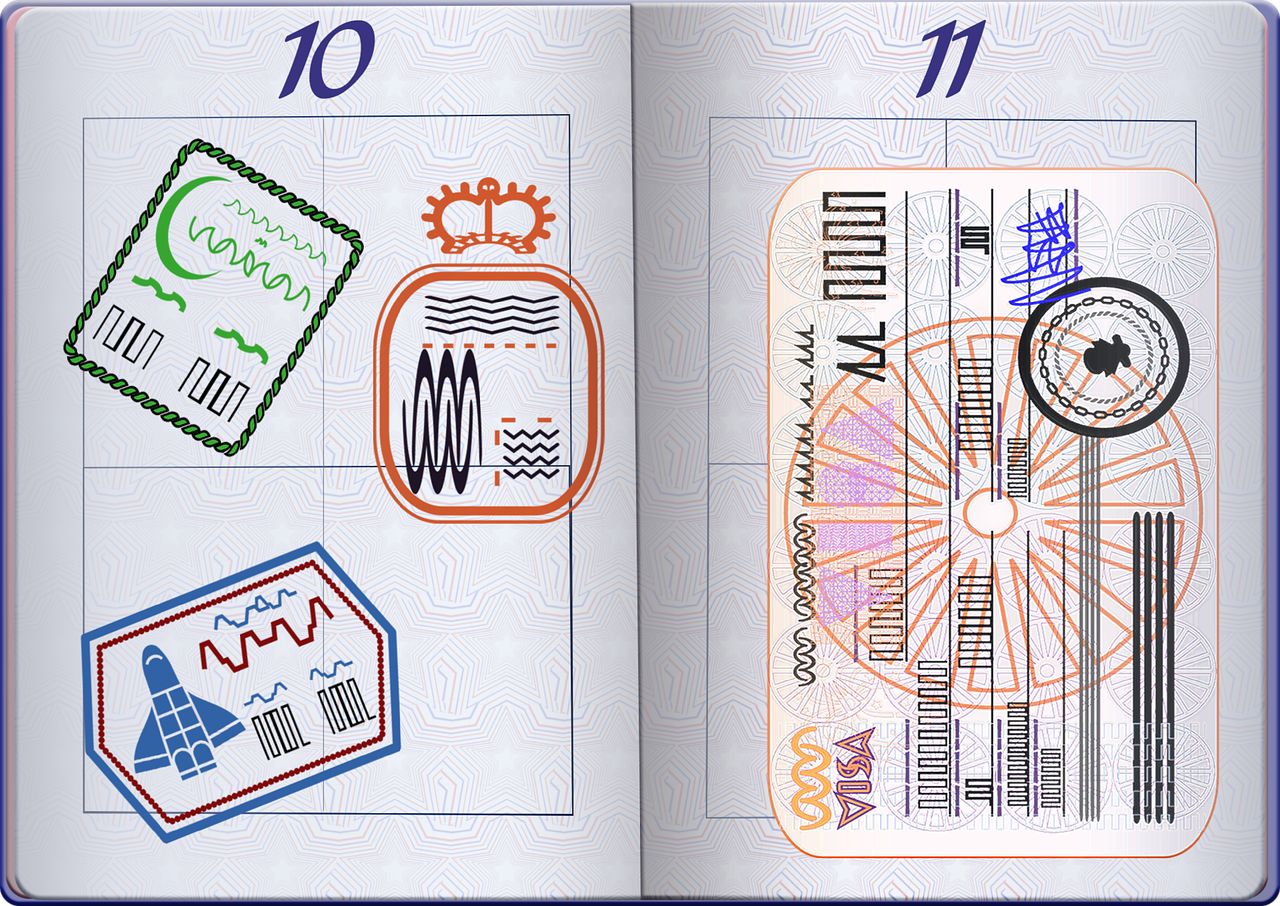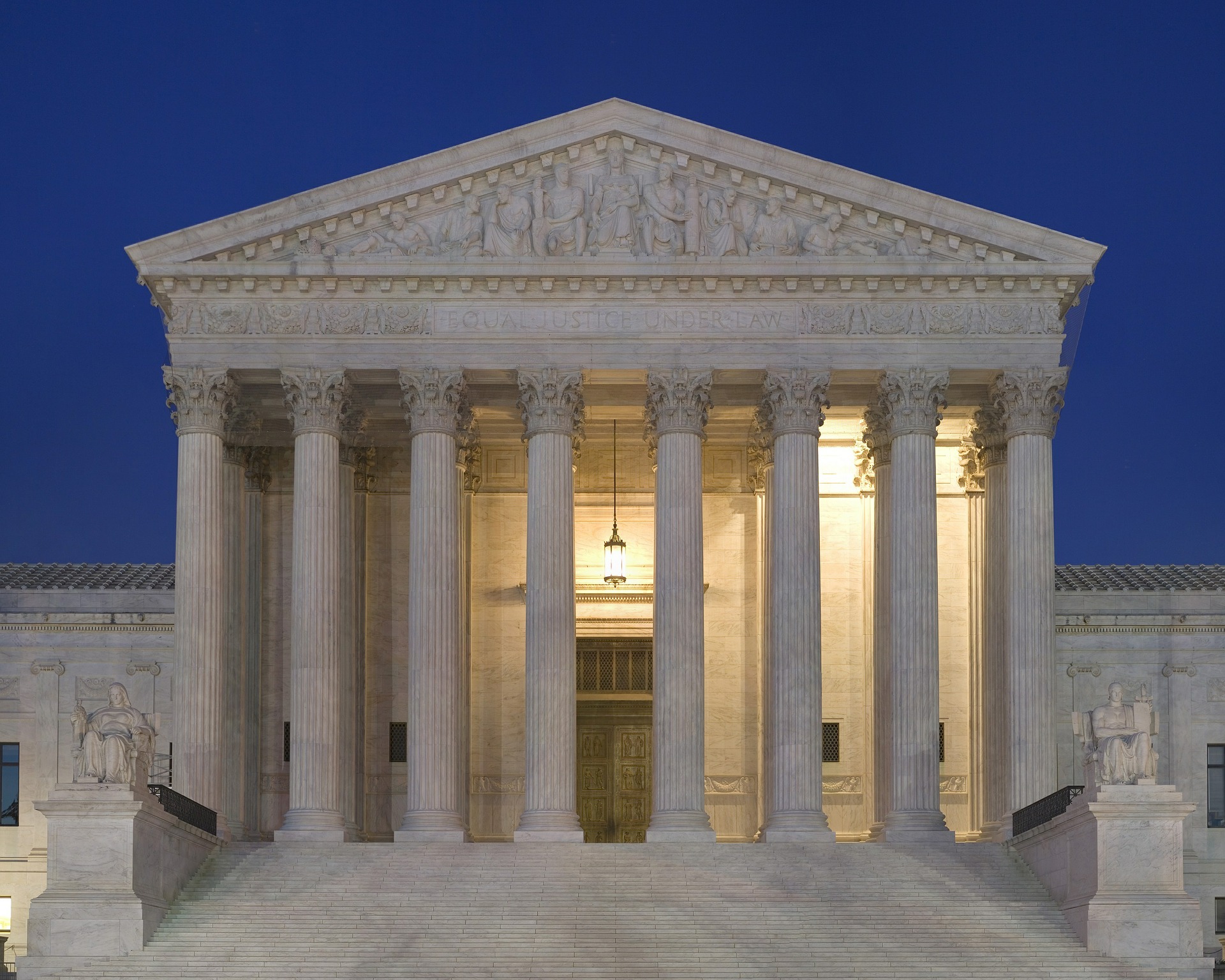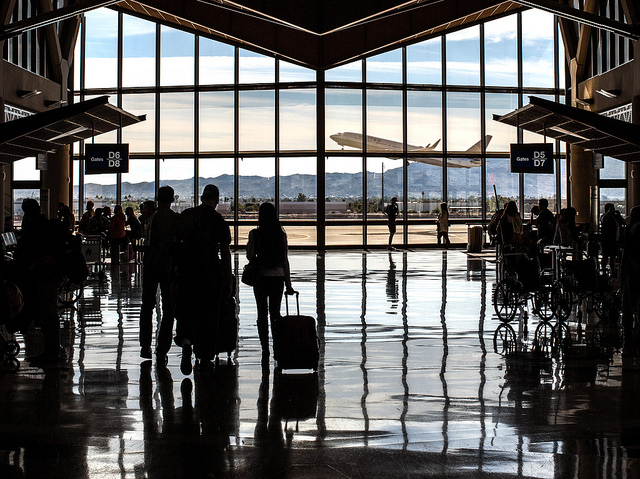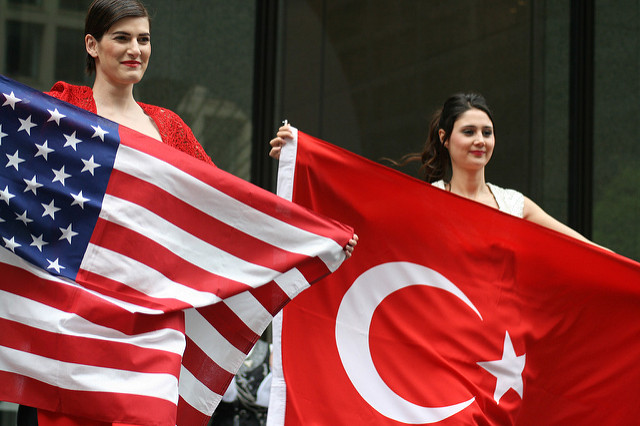In its latest act of defiance against the judicial branch, the Trump administration has published an Interim Final Rule entitled “Visas: Ineligibility Based on Public Charge Grounds,” designed to give Consular officers wider discretion to deny immigrant and nonimmigrant visas to applicants on public charge grounds based on a variety of factors that could weigh positively or negatively on an applicant.
According to the rule, consular officials will now be able to weigh a variety of factors to determine whether a visa applicant is likely to become a public charge. These factors include the applicant’s age, health, educational background, and financial status. In addition, consular officers will have increased discretion to scrutinize certain applications more closely than others based on the type of visa classification sought by the applicant, as well as the duration of stay.
Applicants who are seeking a long-term visa, for example may be scrutinized more heavily than applicant’s seeking a short-term visa (such as a tourist visa).
How will these factors be weighed by Consular officials?
Age: Consular officers will consider whether the alien’s age makes the alien more likely than not to become a public charge in the totality of the circumstances, such as by impacting the alien’s ability to work. Consular officers will consider an alien’s age between 18 and 62 as a positive factor.
Health: Consular officers will consider whether the alien’s health serves as a positive or negative factor in the totality of the circumstances, including whether the alien has been diagnosed with a medical condition that is likely to require extensive medical treatment or institutionalization or that will interfere with the alien’s ability to provide and care for himself or herself, to attend school, or to work (if authorized).
 Visa Lawyer Blog
Visa Lawyer Blog











